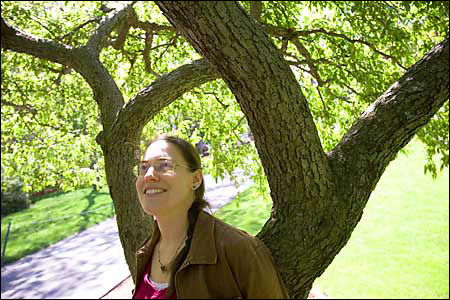“Let me quickly wash my hands one more time”
The announcement of my contributions says that they will in part concern my recent Keeping the World in Mind: Mental Representations and the Sciences of the Mind. The overriding theme of that book is the proper understanding of “representation” as it occurs in recent cognitive neuroscience, broadly understood. I argue …






